Drink Against Drunkenness: The life and times of Sasha Soldatow
Local Times Publishing, $39.99 pb, 506 pp
A bon vivant's life
Sasha Soldatow was a writer, gay activist, member of the Sydney Push, party animal, and bon vivant with legions of friends. In Drink Against Drunkenness, Inez Baranay maps the life like an archaeologist’s dig, though we are looking into the recent past (Soldatow died in 2006, not yet sixty). A fall in the icy streets of Moscow, in which his hip was broken and subsequently badly reset, heralded a steep decline; his alcoholism grew apace, and many of his friends tired of him. It was a sad end, yet he had a life full of daring: avant-garde writing and living freely as a gay man in a still repressive age.
Soldatow was born in Germany of Russian parents who were intent on leaving Europe. His first memories were of the famous Bonegilla migrant camp. A Melbourne boy, he grew up with a fearsomely dominating mother. He escaped to Sydney, where he quickly found his niche in the Sydney Push, despite its uber-macho feel. He was already an anarchist. Even Push men fell for his insouciant charm, and Push women welcomed him with open arms. That’s where I first met him. He soon counted David Marr, Margaret Fink, Wendy Bacon, and later, Christos Tsiolkas among his intimate friends, as well as a wide circle of filmmakers, activists, poets, and writers such as Pam Brown, joanne burns, and the publisher–bookseller Nicholas Pounder. He also kept many Melbourne lifelong friends, among them Judith Brett and George Papaellinas.
Soldatow was immensely likeable, with a silly, infectious giggle. Always interested and curious, he took his friendships seriously. He was also erudite, arrogant, an unashamed sponger, and someone who craved public acknowledgment of his talent and learning. He lived his life as if he were waiting for his biographer, documenting everything, making copies of his copious letters. Baranay has done him proud. Her biography is a mosaic that fits the pieces together to reveal an original and varied life.
Continue reading for only $10 per month. Subscribe and gain full access to Australian Book Review. Already a subscriber? Sign in. If you need assistance, feel free to contact us.



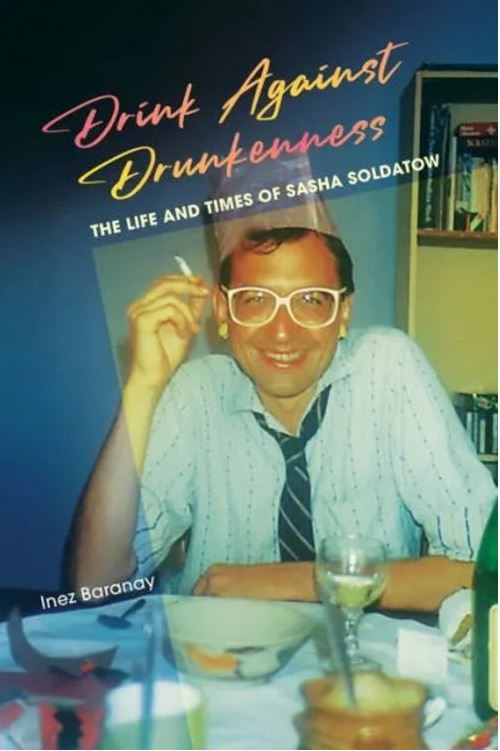




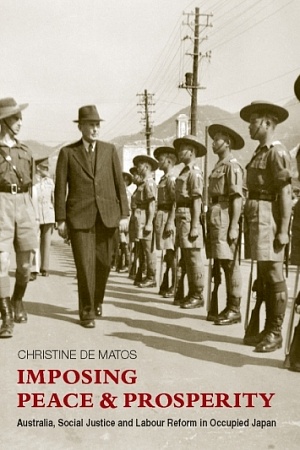
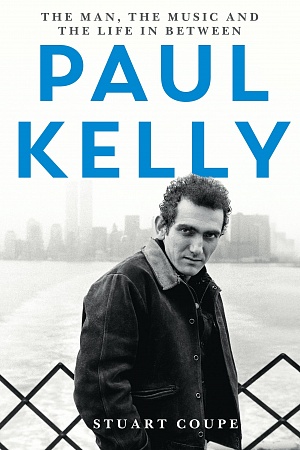
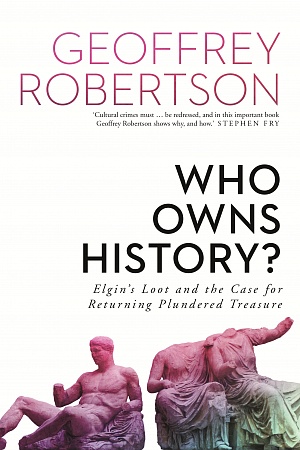
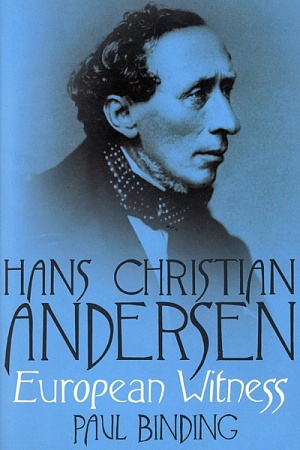




Leave a comment
If you are an ABR subscriber, you will need to sign in to post a comment.
If you have forgotten your sign in details, or if you receive an error message when trying to submit your comment, please email your comment (and the name of the article to which it relates) to ABR Comments. We will review your comment and, subject to approval, we will post it under your name.
Please note that all comments must be approved by ABR and comply with our Terms & Conditions.